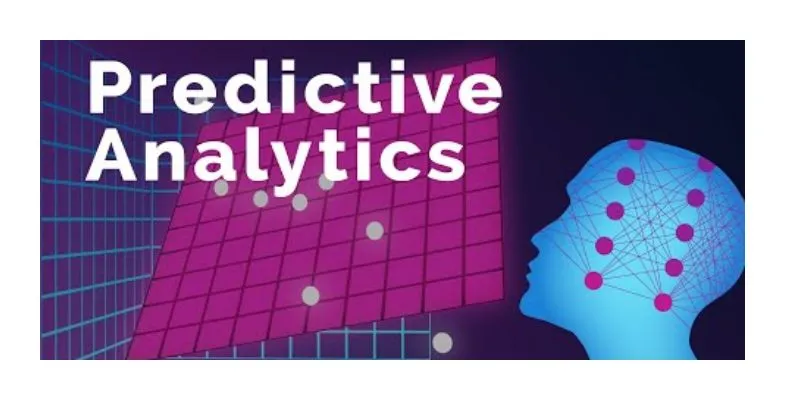
Predictive analytics is a branch of data science that forecasts future outcomes based on historical data and statistical algorithms. It involves extracting patterns and trends from data to predict future events or behaviours. Predictive analytics has a wide range of applications across various industries, including but not limited to. Students enrolled in Data Science Courses in Bangalore have the opportunity to learn from experienced faculty members and gain valuable insights into the applications of predictive analytics across various industries, including but not limited to finance, healthcare, retail, and manufacturing.
Industries Which Use Predictive Analytics
- Financial Services: Predictive analytics is extensively used in banking, insurance, and investment firms to assess credit risk, detect fraudulent transactions, and forecast market trends. For instance, banks use predictive models to determine the creditworthiness of loan applicants based on their financial history.
- Healthcare: Predictive analytics is employed for patient risk stratification, disease diagnosis, and treatment optimization. Healthcare providers use predictive models to identify patients at high risk of developing certain medical conditions, enabling early intervention and preventive care measures.
- Retail and E-commerce: Retailers leverage predictive analytics to forecast customer demand, optimize pricing strategies, and personalize marketing campaigns. By analyzing historical sales data and customer behaviour patterns, retailers can anticipate product preferences and tailor their offerings accordingly, improving customer satisfaction and sales.
- Manufacturing and Supply Chain Management: Predictive analytics is crucial in optimizing manufacturing processes, predicting equipment failures, and managing inventory levels. Manufacturers use predictive models to identify potential maintenance issues before they occur, minimize downtime, and streamline production operations.
- Marketing and Customer Relationship Management (CRM): Predictive analytics enables marketers to segment customers based on their characteristics and predict their future purchasing behaviour. Organizations can target specific customer segments by analyzing customer data and interactions with personalized promotions, recommendations, and retention campaigns, increasing customer engagement and loyalty.
Methodologies commonly used in predictive analytics include:
- Regression Analysis: Regression techniques predict a continuous variable based on one or more independent variables. Linear, logistic, and polynomial regression are standard regression methods employed in predictive modelling.
- Classification: Classification algorithms predict categorical outcomes or assign class labels to data instances. Examples include decision trees, random forests, support vector machines (SVM), and k-nearest neighbours (KNN) classifiers.
- Time Series Forecasting: Time series forecasting techniques predict future values of a time-dependent variable based on its past observations. Methods such as autoregressive integrated moving averages (ARIMA), exponential smoothing, and recurrent neural networks (RNNs) are commonly used for time series analysis. Data Science Training in Marathahalli often provides placement assistance to students, helping them secure internships and job opportunities in top companies.
- Machine Learning: Machine learning algorithms, including supervised learning, unsupervised learning, and reinforcement learning, are widely used in predictive analytics. Techniques such as neural networks, gradient boosting machines (GBM), and ensemble methods are applied to build predictive models from data.
- Feature Selection and Engineering: Techniques such as principal component analysis (PCA), feature scaling, and one-hot encoding are used to preprocess and engineer features for predictive modelling.
Overall, predictive analytics empowers organizations to make data-driven decisions, optimize business processes, and gain a competitive advantage in today’s dynamic and data-driven world. Training Institute in Bangalore provides comprehensive courses on predictive analytics, equipping professionals with the skills and knowledge needed to harness the power of data science for business success.
Also Check: Data Science Interview Questions and Answers